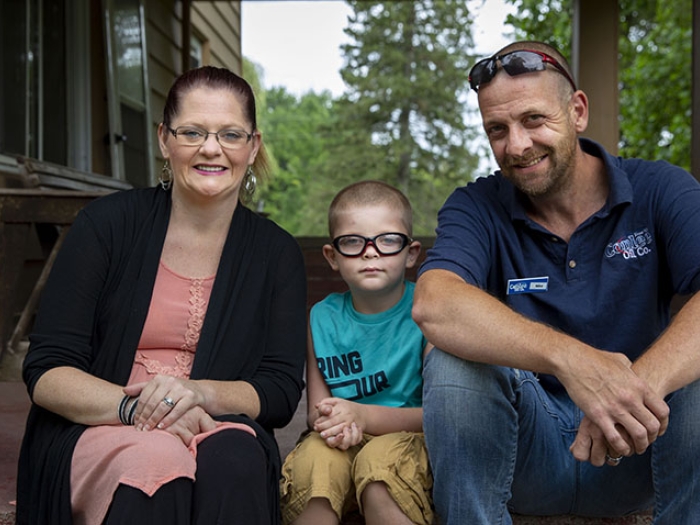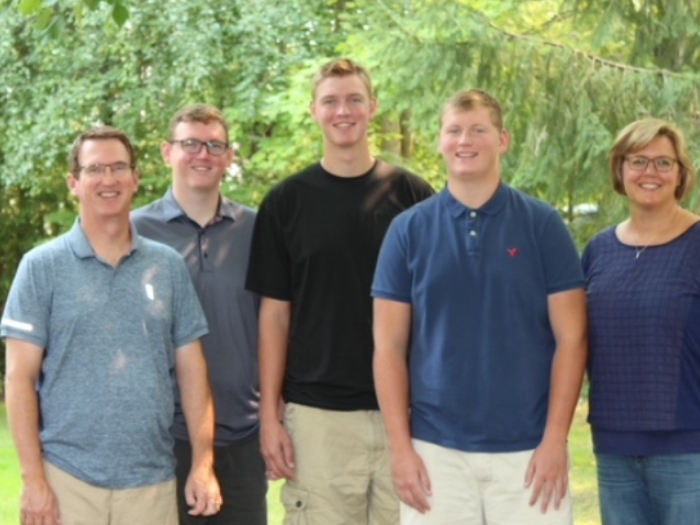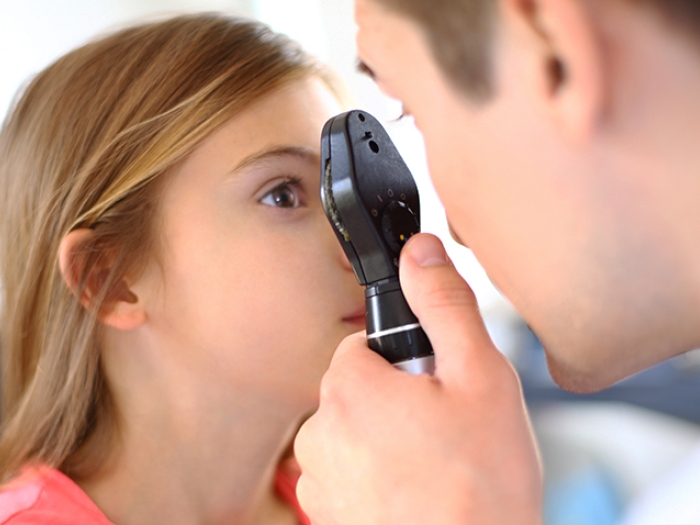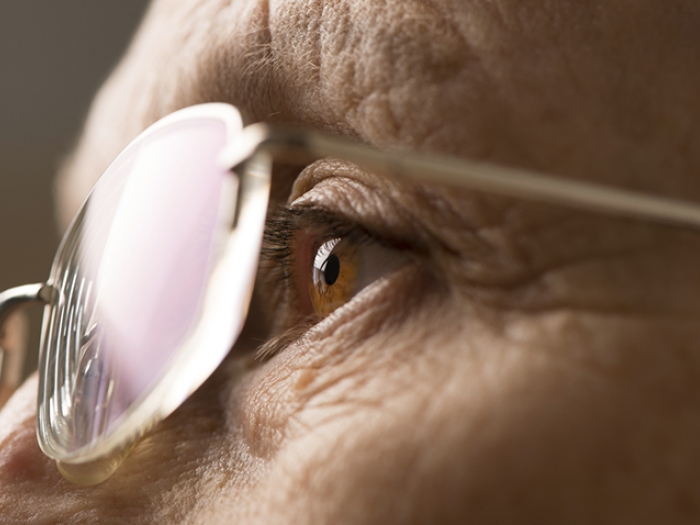Both eye surgeries have the same intent — though they are different. A Michigan Medicine ophthalmologist explains how he helps patients make the best choice.
7:00 AM
Author |
Most people are familiar with LASIK, a refractive surgery performed hundreds of thousands of times in the United States each year.
MORE FROM MICHIGAN: Sign up for our weekly newsletter
But there's another option that's sometimes more desirable — or the only suitable choice — for patients seeking clear sight: photorefractive keratectomy, or PRK.
The procedures, each involving similar tools and length of time with a surgeon, have the same goal: correcting vision. But they are different in key ways.
With LASIK, a thin flap is created on the cornea to allow reshaping of the tissue beneath. The flap, which isn't visible to others, will secure itself back to the eye, but it will always remain.
PRK, on the other hand, initially leaves the eye exposed. The cornea's outer layer is removed entirely before the reshaping process; that layer will grow back over time.
Prospective patients should speak with their doctor before making a choice.
"For some people, it's a hard decision," says Christopher Hood, M.D., a clinical assistant professor of ophthalmology and visual sciences at the University of Michigan Kellogg Eye Center, which offers both treatments. "But most just want to be able to see across the room without glasses or contact lenses."
Here are some questions Hood asks during the evaluation process:
Deciding between LASIK and PRK surgery
How's your vision? People with a high corrective prescription (a -8.00 or -9.00, for instance) often are better suited for PRK. That's because, Hood notes, the flap-making element of LASIK requires a recipient to have "enough residual cornea to be structurally sound after reshaping" — a deficit seen in patients with poor eyesight and also in those with very thin corneas.
SEE ALSO: Pros and Cons of LASIK: Are the Risks Worth the Cost?
Do you have time to recover? After LASIK, patients can see clearly within a few hours. Because of the corneal surface removal, PRK takes a bit longer (and, unlike LASIK, some minor pain follows). Says Hood: "You're about 70 percent healed after a week and your vision is about 90 percent healed after a month." Those who get PRK must also wait at least a week to drive.
Will you take precautions? Although LASIK recipients must be careful not to rub their eyes in the days following the procedure, those recovering from PRK must take added care: "We don't want you going out into bright sun for a month to six weeks," Hood says. In rare cases, unprotected light exposure can put PRK patients at risk of developing hazy vision.
Are you extremely active? Competitive athletes or people at risk of eye injury might consider PRK, Hood says. That's because the corneal flap resulting from LASIK doesn't exist, therefore eliminating any risk of damaging it. "Once you heal, your eyes are totally anatomically normal," he says. Most people needn't consider this a major factor; recreational sports pose little risk.
What's your budget? Because it doesn't involve the added step of creating a flap, PRK surgery is simpler and slightly quicker — and therefore cheaper, typically costing several hundred dollars less per eye than LASIK. Still, Hood notes, the savings alone typically aren't enough to sway the decision one way or the other: "People want what's best for them."
For more information about LASIK or PRK surgery, call the Kellogg Eye Center at 734-615-5274 or email [email protected].

Explore a variety of healthcare news & stories by visiting the Health Lab home page for more articles.

Department of Communication at Michigan Medicine
Want top health & research news weekly? Sign up for Health Lab’s newsletters today!





